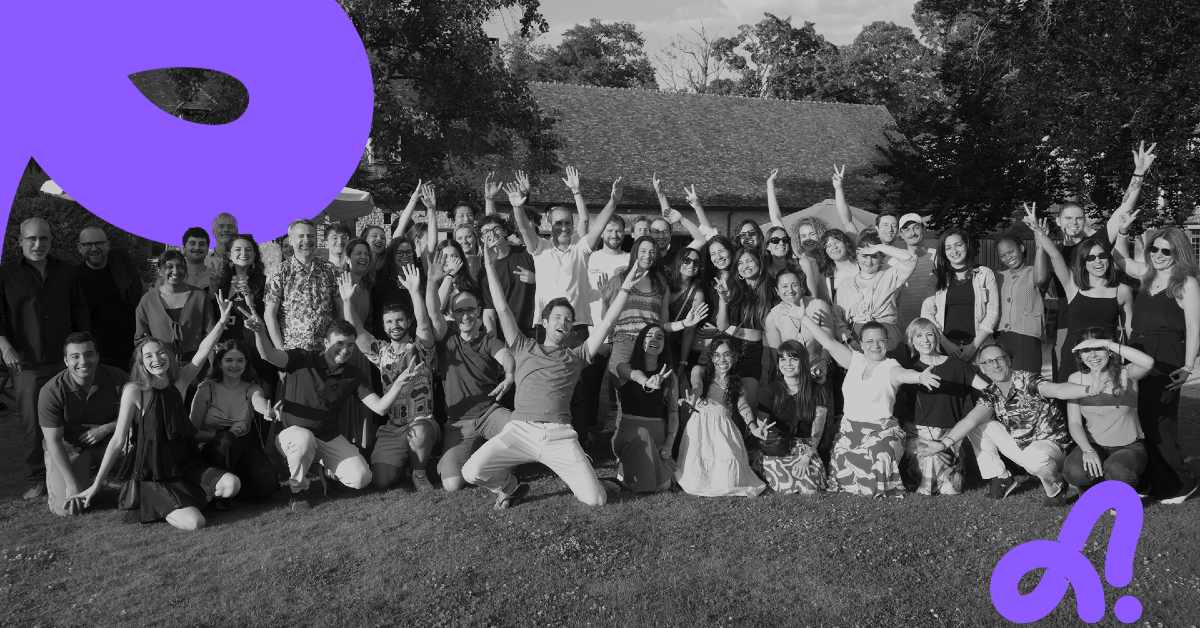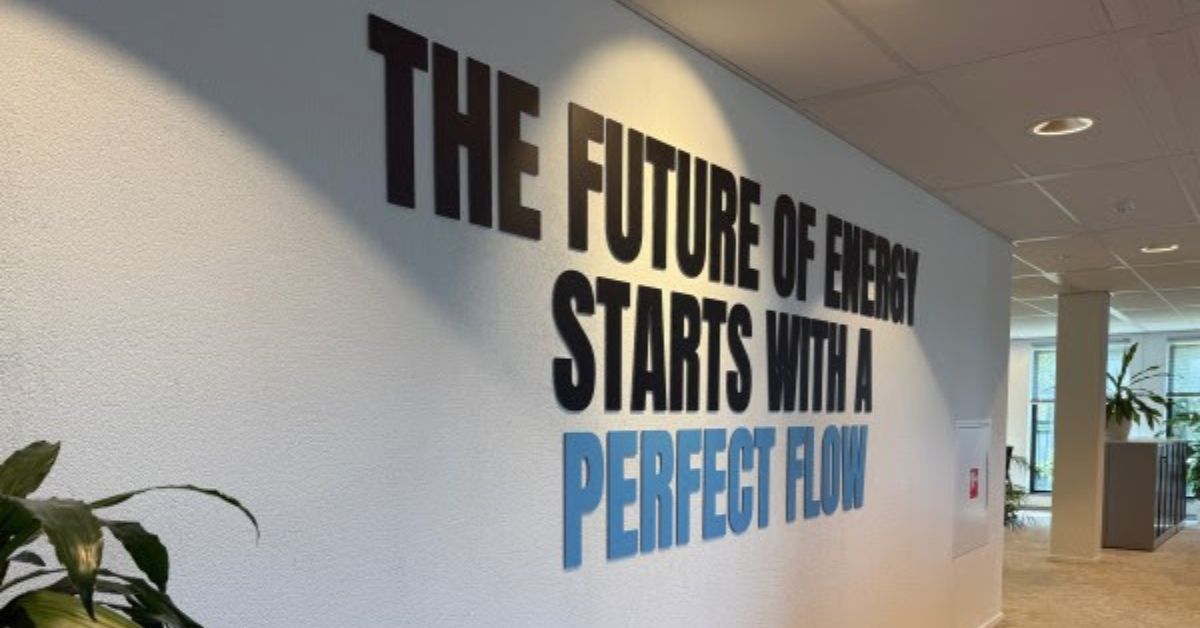Paris-based kyron.bio, a biotechnology company, has announced a €5.5M funding round. The round was led by HCVC, with participation from Verve Ventures, Entrepreneur First, Saras Capital, and multiple angel investors.
kyron.bio’s aims to address issues in biologic drug development. The company is focused on controlling sugar molecules, known as glycans, on the surface of drugs to address issues such as varying efficacy and the risk of side effects.
The funds will be used for platform development, team growth, and preclinical studies.
Additionally, the funding aligns with the launch of the company’s EIC Transition project, supported by the European Innovation Council.
Transforming therapeutic drugs
Kyron.bio aims to create a new approach to designing therapeutics by using glycans and plans to partner with pharmaceutical companies to develop treatments.
The company applies its technology to antibody therapeutics, a class of drugs that use the immune system to target diseases such as cancer and autoimmune conditions.
One challenge in antibody therapeutics is the immune system identifying treatments as foreign and launching an attack. This response can reduce the effectiveness of the therapy and pose risks to patients, especially those receiving long-term treatment.
The issue also affects drug development by limiting the success of new therapies in early clinical trials, where safety is evaluated. As drug designs become more complex, this problem is growing for biopharma companies.
kyron.bio has developed a platform to control N-glycosylation, the process by which cells add glycans to the surface of therapeutics. In standard biomanufacturing, this process produces mixed glycan structures, which can trigger immune responses or reduce drug effectiveness.
The company’s platform enables the use of specific glycans to help prevent immune attack. The solution is designed to integrate with existing biopharma manufacturing methods.
kyron.bio’s platform is built on two core technologies. First, the company has developed engineered cell lines by modifying Chinese Hamster Ovary cells, enabling full control over the glycosylation process during antibody production.
Second, its glycan-engineering toolbox allows modification of the antibody itself to reduce immune response and improve performance, while also generating intellectual property.
Combined, these technologies enable glycan structure consistency of over 97 per cent, surpassing standard bioproduction methods. This control supports new directions in antibody engineering, allowing the development of biologic therapies that resist degradation, avoid immune detection, and precisely target diseases.
Partnership opportunities in antibody drug design
kyron.bio offers pharmaceutical companies a chance to partner on the design of next-generation monoclonal antibodies. These therapies often include complex designs and multiple targets, which increase the risk of immune system attack. The company’s technology aims to reduce this risk.
For chronic conditions like autoimmune diseases, the platform supports the possibility for patients to receive treatment over long periods without developing resistance.
In oncology, the technology improves the likelihood of drugs advancing through Phase I clinical trials, where safety is assessed.
Challenges such as growing therapeutic complexity and long-term treatments have made immune attack a larger obstacle.
Kyron.bio’s technology aims to address these issues, enabling therapies to reach more patients and maintain effectiveness over time. The technology seeks to open new treatment options for patients.
Dr. Emilia McLaughlin, CEO & Founder of kyron.bio, says, “To date, glycans have been massively under-exploited, limiting their potential in drug design. By achieving comprehensive control over glycosylation in a fully scalable manner, we have unlocked the possibility to use precision glycosylation in drug design.”
“This transforms glycans into a design tool for the first time, opening up new treatment avenues for patients. Securing this fundraising round brings us closer to our goal of delivering precision glycan-engineered therapeutics to patients.”
Dr. McLaughlin’s work studying single-cell organisms during her PhD at Institut Pasteur Paris has shaped kyron.bio’s approach to drug development. Under her leadership, the startup developed a scalable, patent-protected method to solve this molecular design problem.
Brief about the lead investor
HCVC is a VC firm that invests in early-stage deeptech companies across Europe and the US. The firm supports founders working in sectors including biotech, defence, AI infrastructure, robotics, climate, and space, with offices in Paris, London, and the Bay Area.
Speaking on the investment in kryon.bio, Alexis Houssou, Founder & Managing Partner at HCVC, says, “kyron.bio’s technology bridges a massive gap in therapeutics design. Their breakthrough in glycan control could shift the paradigm for antibody therapies, and we’re proud to support their vision.”










01
These are the top UK-based PR agencies for startups and scale-ups in 2025